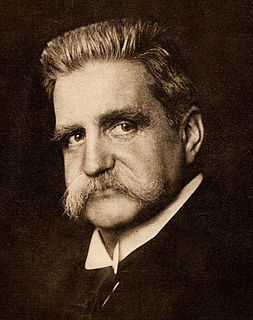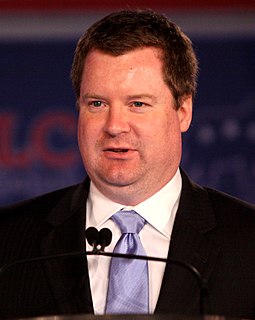A Quote by Martin Filler
When Oscar Niemeyer died on December 5, 2012, ten days before his 105th birthday, he was universally regarded as the very last of the twentieth century's major architectural masters, an astonishing survivor whose most famous accomplishment, Brasilia, was the climactic episode of utopian High Modern urbanism.
Related Quotes
One of the most intensely unlikeable figures of the twentieth century, fanatical anti-Semite, enemy of labour unions and proud recipient of medals from Nazi Germany, where Hitler held him in veneration, Henry Ford was also an employer who paid his workers more than his competitors, an innovator who pioneered the assembly line and a visionary whose part in the creation of the twentieth century was so great that Aldous Huxley, in his Brave New World, prefigured a society whose calendar was divided into BF and AF-Before Ford and After Ford.
Everything that would be said against the Eixample's heirs, from Le Corbusier's 'ville radieuse' to Oscar Niemeyer's Brasilia, was already said, with far less justice, about the Eixample itself. And all its critics concurred that the basic mistake was to have left the planning of a city in the hands of a socialist.
Modernism really started with people getting infatuated with the idea of "it's the twentieth century, is this suitable for the twentieth century." This happened before the First World War and it wasn't just the soldiers. You can see it happening if you read the Bloomsbury biographies. It was a reaction to a great extent against Victorianism. There was so much that was repressive and stuffy. Victorian buildings were associated with it, and they were regarded as very ugly. Even when they weren't ugly, people made them ugly. They were painted hideously.
Today's Uncle Tom doesn't wear a handkerchief on his head. This modern, twentieth-century Uncle Thomas now often wears a top hat. He's usually well-dressed and well-educated. He's often the personification of culture and refinement. The twentieth-century Uncle Thomas sometimes speaks with a Yale or Harvard accent. Sometimes he is known as Professor, Doctor, Judge, and Reverend, even Right Reverend Doctor. This twentieth-century Uncle Thomas is a professional Negro -by that I mean his profession is being a Negro for the white man.
Sometimes at lectures I am asked: how would the champions of the last century play today? I think that, after making a hurried study of modern openings, and watching one or two tournaments, the champions of the last century, and indeed the century before that, would very quickly occupy the same place that they occupied when they were alive.
Regarding social order, [Francis] Fukuyama writes, "The systematic study of how order, and thus social capital, can emerge in spontaneous and decentralized fashion is one of the most important intellectual developments of the late twentieth century." He correctly attributes the modern origins of this argument to F. A. Hayek, whose pioneering contributions to cognitive science, the study of cultural evolution, and the dynamics of social change put him in the forefront of the most creative scholars of the 20th century.
Friedrich Hayek, who died on March 23, 1992 at age 92, was arguably the greatest social scientist of the twentieth century. By the time of his death, his fundamental way of thought had supplanted the system of John Maynard Keynes - his chief intellectual rival of the century - in the battle since the 1930s for the minds of economists and the policies of governments.
The press heralded this as a major accomplishment. The rush from the press as soon as it was announced suggested a high level of coordination. Like lemmings in a staged dive off a cliff, 'historic' became the media's rallying cry. There is nothing historic about the deal. In fact, news reports from November 2012 noted that China expected, in 2012, that its carbon emissions would begin to decline after 2030 because of factory upgrades, efficiencies, etc.




































